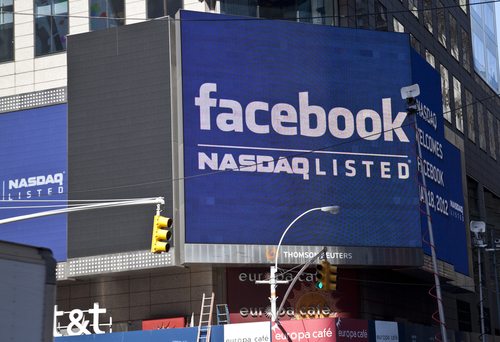
lev radin / Shutterstock.com
February 27, 2013; Source:Forbes
Last week, social media giant Facebook lost an appeal before the U.S. Ninth Circuit Court of Appeals stemming from its relatively brief experiment with the “beacon” feature, which shared personal details about Facebook users across the system without their permission. As part of the settlement, Facebook must set up the Digital Trust Foundation, which, according to Forbes, “is supposed to ‘fund and sponsor programs designed to educate users, regulators and enterprises’ about protecting online personal information through ‘user control.’”
Sign up for our free newsletters
Subscribe to NPQ's newsletters to have our top stories delivered directly to your inbox.
By signing up, you agree to our privacy policy and terms of use, and to receive messages from NPQ and our partners.
The decision is what is known as a Cy pres settlement, which allows settlement funds to be given to charities as opposed to plaintiffs. But current precedent suggests that these settlements should at least be directed to a charity with a history of serving people such as the plaintiffs in a case, and dissenting Ninth Circuit judges raised concerns about delivering millions of settlement dollars to a charity with no history of doing so. Indeed, since the Digital Trust Foundation doesn’t yet exist, there is no way to verify whether it might help protect online privacy. Judge Milan D. Smith Jr. said that the charity is little more than “a bespoke creation of this settlement.”
So how exactly is this supposed to work? Note that this charity is supposed to educate online users about how to be guarded with their personal information—in total contradiction of a key component of Facebook’s business. The nonprofit public interest group Public Citizen lambasted the settlement, saying it leaves Facebook users “worse off than if this case had never been brought.”
For the Digital Trust Foundation (DTF) to be at all useful, it would need to erect the most stringent firewall imaginable between itself and Facebook. Now here’s where it gets crazy. As part of the settlement, Facebook managed to secure the right to appoint one member to the DTF’s three-member board—and all management decisions need to be unanimous. In other words, Facebook will be able to veto anything of importance at the Digital Trust Foundation. So much for that firewall. So we are looking at a foundation that will be set up and partially controlled by an entity that a.) never wanted it to be born and b.) has a vested financial interest in toning down if not entirely thwarting its mission. Talk about a recipe for the foundation’s failure. Maybe instead of reporting that Facebook lost its appeal, we should state that Facebook “lost” its appeal. –Mike Keefe-Feldman












